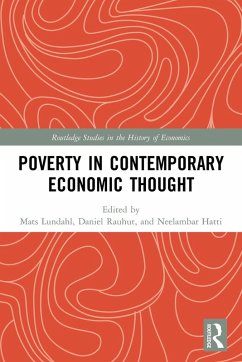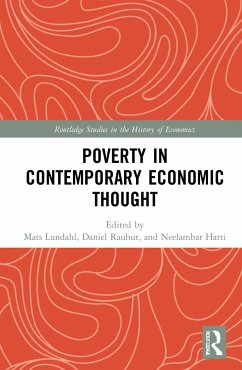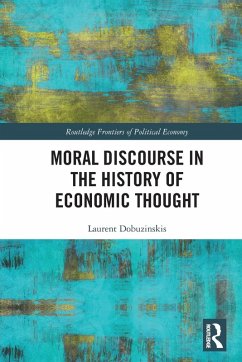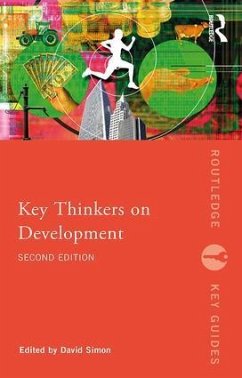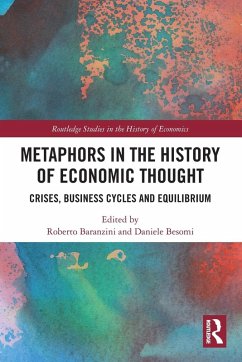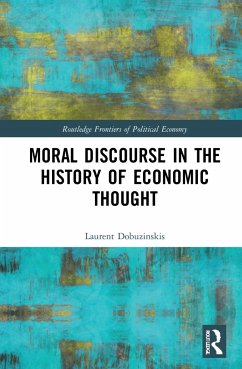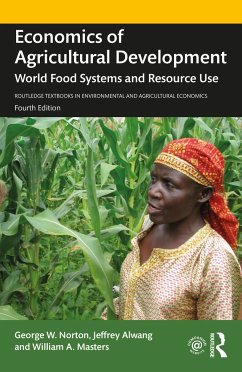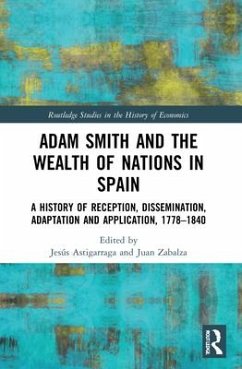
A History of Development Economics Thought
Challenges and Counter-challenges
Versandkostenfrei!
Versandfertig in 6-10 Tagen
47,99 €
inkl. MwSt.
Weitere Ausgaben:

PAYBACK Punkte
24 °P sammeln!
This book explores the history of economic development thought, with an emphasis on alternative approaches in macro development economics.Given that the pioneers of development economics in the 1940s and 1950s drew inspiration from classical political economists, this book opens with a review of key classical scholars who wrote about the progress of the wealth of nations. In reviewing the thinking of the pioneers and those that followed, both their theories of development and underdevelopment are discussed. Overall, the book charts the evolution of development economic thought from the early d...
This book explores the history of economic development thought, with an emphasis on alternative approaches in macro development economics.
Given that the pioneers of development economics in the 1940s and 1950s drew inspiration from classical political economists, this book opens with a review of key classical scholars who wrote about the progress of the wealth of nations. In reviewing the thinking of the pioneers and those that followed, both their theories of development and underdevelopment are discussed. Overall, the book charts the evolution of development economic thought from the early developmentalists and structuralists, through to the neo-Marxist approach and radical development theory, the neo-liberal counter revolution, and the debate between new developmentalists and neo-liberal scholars. It ends with an assessment of the state of the field today.
This book will be of interest to all scholars and students interested in the evolution of development economics.
Given that the pioneers of development economics in the 1940s and 1950s drew inspiration from classical political economists, this book opens with a review of key classical scholars who wrote about the progress of the wealth of nations. In reviewing the thinking of the pioneers and those that followed, both their theories of development and underdevelopment are discussed. Overall, the book charts the evolution of development economic thought from the early developmentalists and structuralists, through to the neo-Marxist approach and radical development theory, the neo-liberal counter revolution, and the debate between new developmentalists and neo-liberal scholars. It ends with an assessment of the state of the field today.
This book will be of interest to all scholars and students interested in the evolution of development economics.





